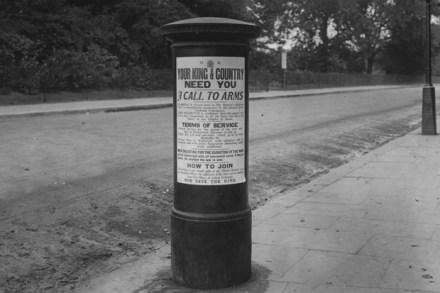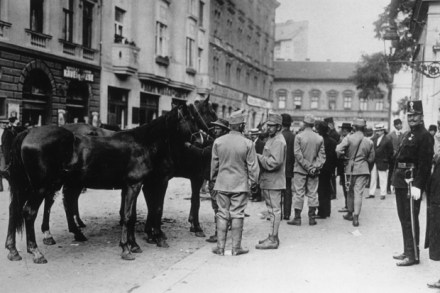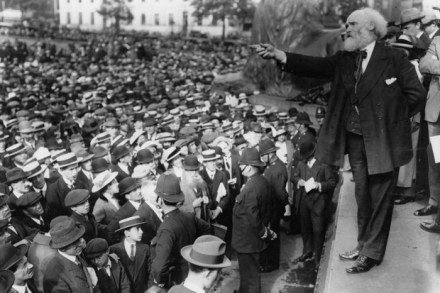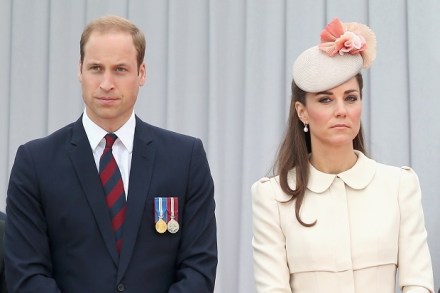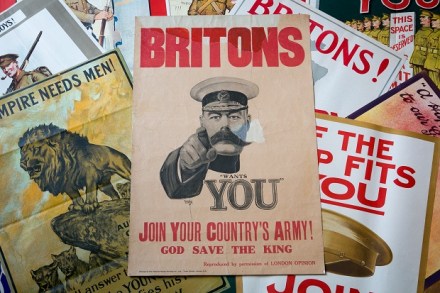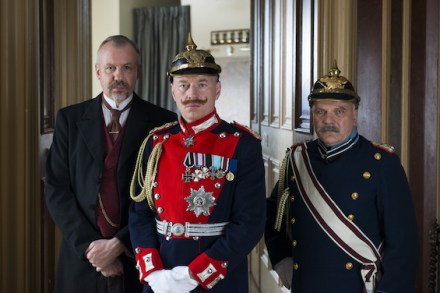The Spectator at war: A call to arms
Let us say once more what we said as emphatically as we could last week – that the first thing to do is to get Lord Kitchener the five hundred thousand men who he must have to make the country safe. Till that is done, till we have got the men for the firing line, all philanthropic schemes, however good, nay, however essential in themselves, must wait. Sterilized dressings are absolutely necessary, but they must not get in front of the rifles. Therefore, once again, the first duty of ever man between nineteen and thirty is to join Lord Kitchener’s Second Army. That is his way to help. And the
